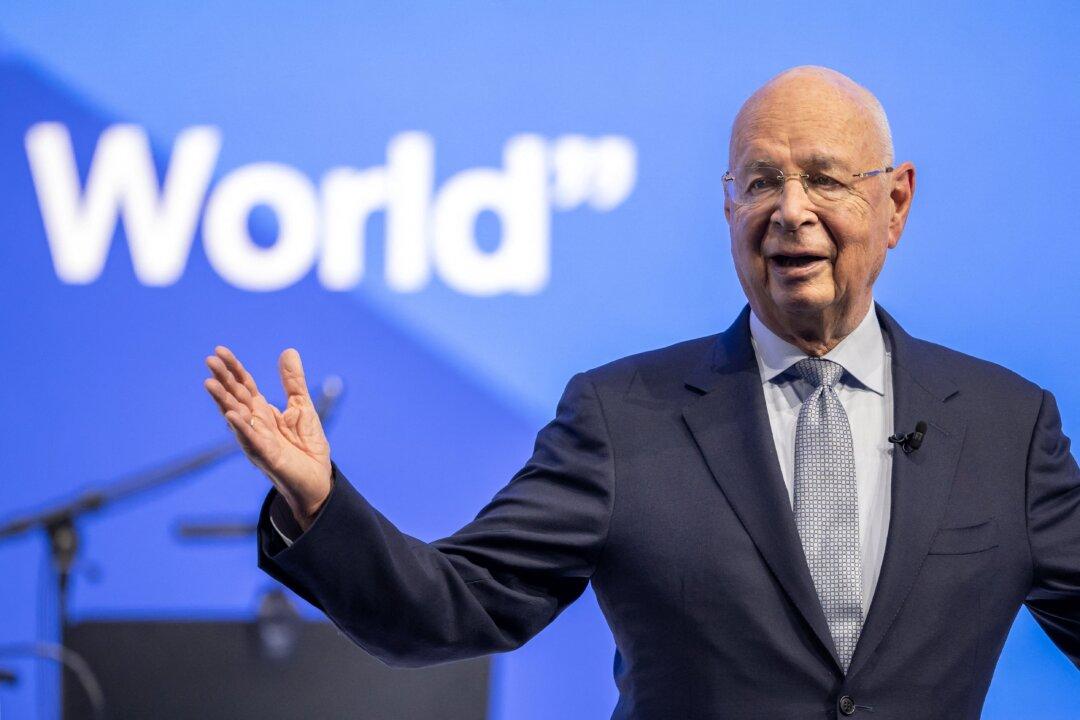Klaus Schwab, chairman of the World Economic Forum (WEF), during an event in Dubai, called on global governments to work together and control new technologies like artificial intelligence (AI) to decide the fate of humankind, contradicting Musk’s recent warning at the same event.
In 2015, Schwab wrote a book called The Fourth Industrial Revolution, in which he mentioned more than 20 technologies that will change the world. “All those technologies have become reality,” he said at the World Government Summit in Dubai this week while adding that humanity is moving into the “exponential phase” of technology transformation.





